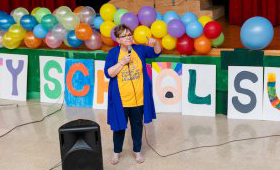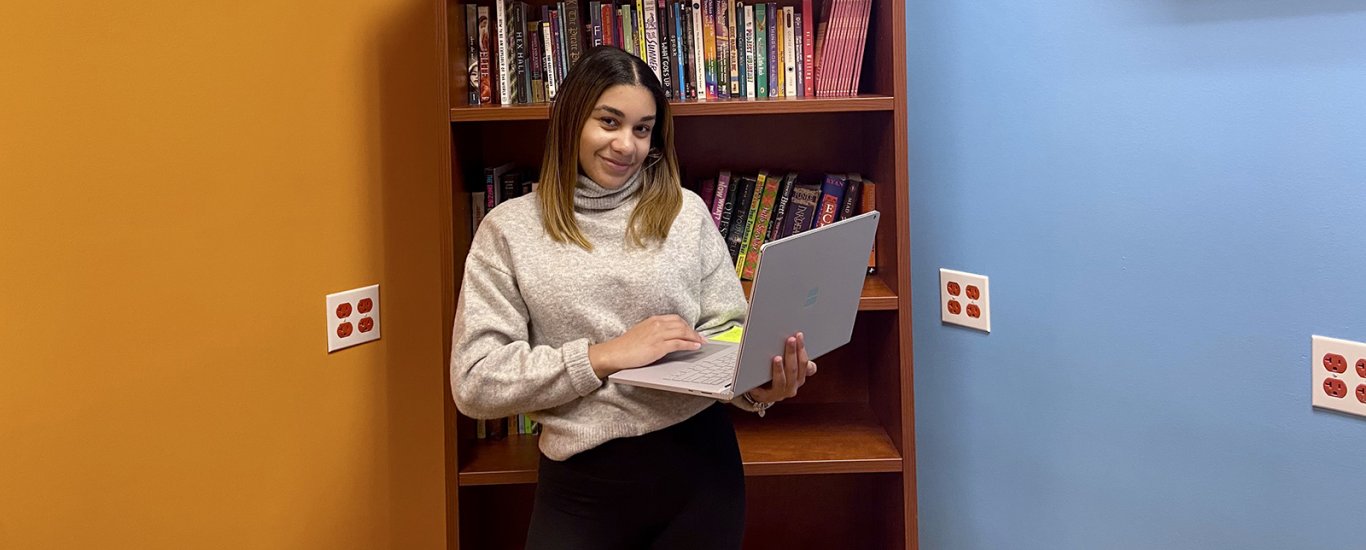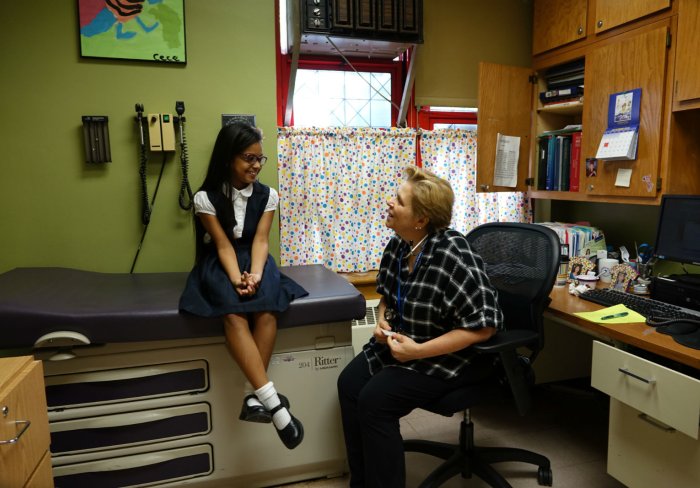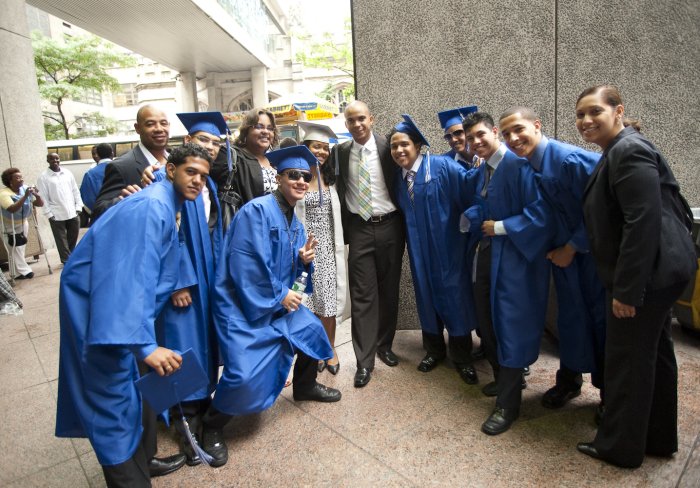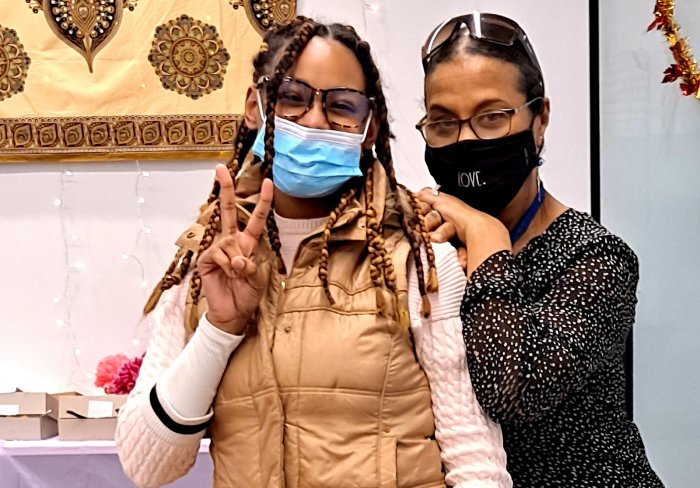January is National Mentoring Month, and at Children’s Aid we’re celebrating our mentors – and the power of the relationships they build.
For many youth in foster care, a mentor is vital to ensure they can successfully navigate school, employment, and independent living.
Our life coaches at the Next Generation Center in the Bronx help our youth obtain employment, reach important milestones, and provide emotional support to a population that does not always have the opportunity to speak with a trusted adult.
“It’s not a surprise that a lot of youth we come in contact with need that emotional support,” said life coach Diana Santana. “Sometimes they just need someone to accompany them to a doctor’s appointment because they’re afraid or to go to a permit test because they need some encouragement.”
Life coaches mentor youth in foster care from the ages of 14 to 24. In New York City, most youth in foster care age out of the system at 21, but navigating independence at such a young age can be difficult without a community of support.
Youth in the foster care system can receive governmental support from the city in the form of case planners and housing specialists. Life coaches, on the other hand, are more akin to family. Many life coaches are in their early- to mid-20s, according to life coach Natalie Jimenez.
“When the youth hear ‘case planner’ or ‘social worker,’ they build a wall,” she said. “They see us as an older sibling. They find that trust easily with us.”
Both Diana and Natalie have a long list of success stories from their work. They’ve helped youth applying for permanent residency in the U.S. secure paid internships, cheered on clients as they pass permit tests, and encouraged countless young people to seek satisfying careers.
In addition to these milestones, the most important thing life coaches can provide is a source of inspiration. When Diana told one of her clients that she was 23 years old, the youth was shocked.
“When she found out she said, ‘I can’t believe you’re doing this. This goes to show that I can eventually get to a position like you,’” Diana said. “It just makes me feel good to be an example and a role model and to show them, ‘You guys can go through so many difficulties, so much adversity. You can make it here.’

